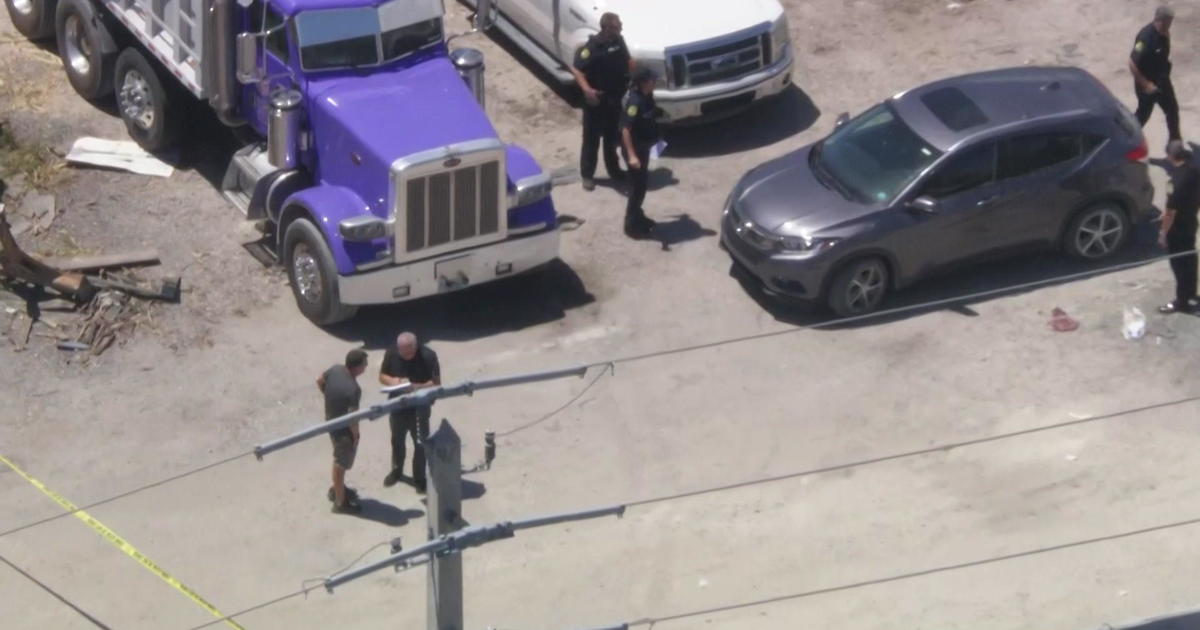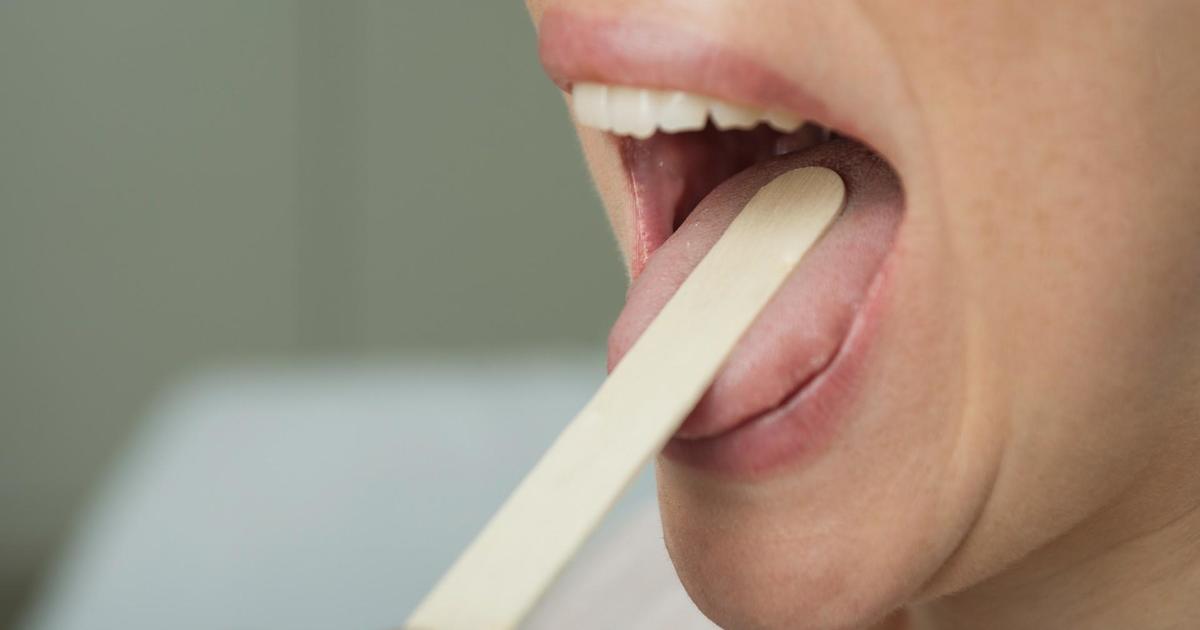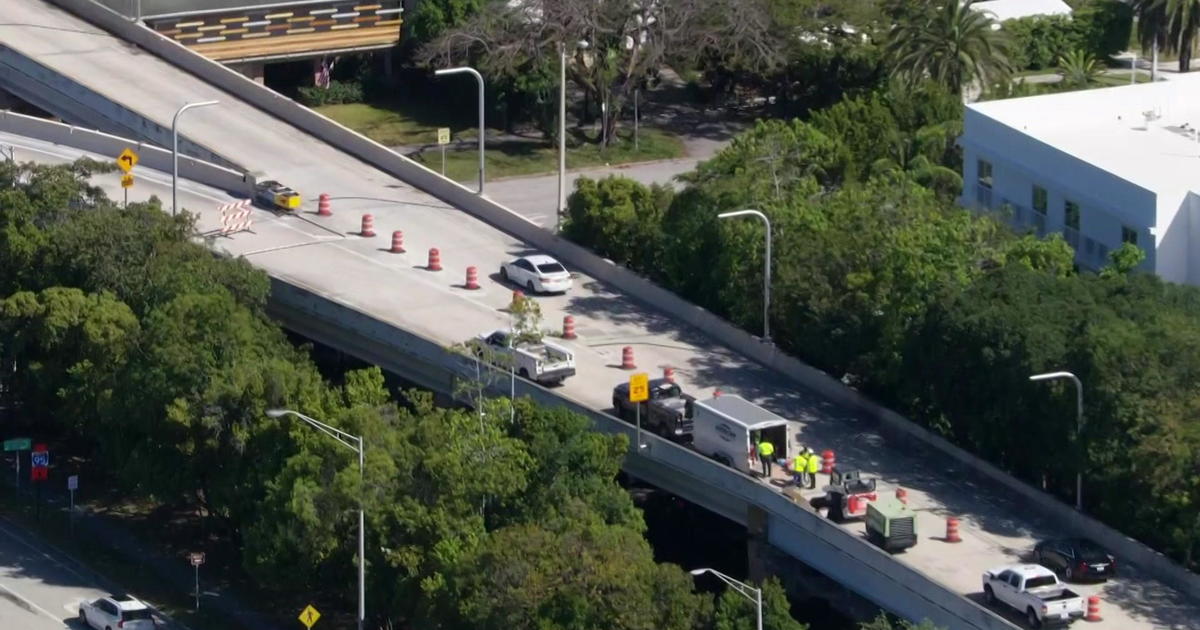After Quake, Haitian Health Care Slowly Improves
MIAMI (CBS4) - On January 12th, 2010 all hell descended on Haiti in the form of an earthquake that killed hundreds of thousands and left hundreds of thousands more injured or maimed.
Angels of mercy from South Florida flew to the rescue.
"The first day after the earthquake, we were literally off the plane, operating on a kitchen table," The University of Miami's Dr. Barth Green recalled in an interview with CBS's Katie Couric weeks after the quake.
In fact, nine days after the quake struck, Green and his colleagues from UM and Project Medishare had erected a 250 bed, state-of-the-art trauma hospital beneath tents near Port Au Prince.
Horribly injured patients came in and were treated "as if they were at Massachusetts General, Mayo or the University of Miami," Green recalled.
Two years later - with huge help from the Red Cross and recognizable faces like Alonzo and Tracy Mourning and Erik Spoelstra - Green's organization has constructed a brick and mortar hospital that continues to treat trauma injuries from the earthquake as well as provide services such as prosthetic limbs to those who lost arms and legs in the quake.
Green told CBS4's Gary Nelson on Monday that he's frustrated more is not being done faster to help Haitians help themselves.
Billions of dollars in construction money from governments and relief agencies remains clogged in bureaucratic pipelines.
"Things that should be coming out of the ground in Haiti - schools and hospitals and factories - are virtual at this point, they're not real," Green said. "They want opportunity - whether it's education, whether it's clean water and food, whether it's jobs - they want opportunity, and we're not getting it to them."
That being said, Green said great strides have been made.
"We're training hundreds of doctors, nurses and other health care professionals to take care of themselves and their people," Green said.
Dr. Enrique Ginzburg, also a UM physician involved in Project Medishare, said that when the tent hospitals rose amid the rubble there were more than 200 international volunteers on site, but only a handful of Haitians qualified to help.
That has changed now at the organizations permanent Hospital Bernard Mevs.
"There is close to 200 Haitian staff, doctors and nurses," Ginzburg said. "On a weekly basis now, only about 25 (international) volunteers are there."
When a cardiac arrest case comes in, Dr. Green added, "It is all Haitian doctors and nurses saving a life,"
"That never happened before," Green said. "It gives me goose bumps just thinking about it."
Green said the ultimate goal is for the Haitian people to stand on their own feet. The faster they can get a hand up, he said, the faster they can achieve that independence.
Those wanting to help Project Medishare can learn how at www.projectmedishare.org.



